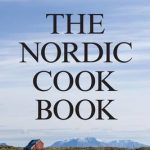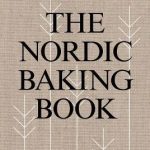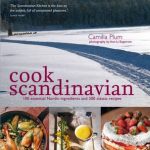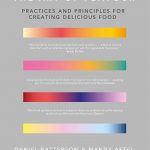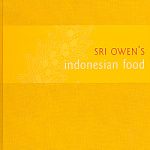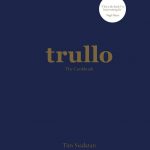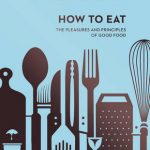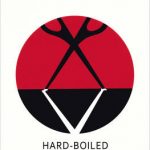Disclosure : This site contains affiliate links to products. We may receive a commission for purchases made through these links.
Faviken
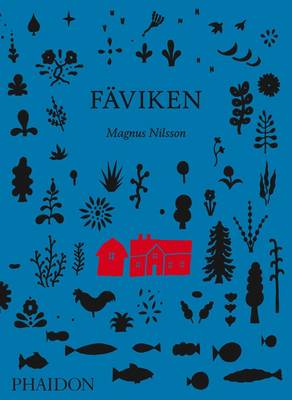
Faviken is an exclusive insight into one of the world`s most interesting restaurants: Faviken Magasinet in Sweden. Narrative texts, photographs and recipes explain head chef Magnus Nilsson`s remarkable approach to sourcing and cooking with ingredients that are farmed and hunted in the immediate vicinity of the restaurant, and how he creates a seasonal cycle of menus based on them. He runs the restaurant with the same ethos as the farm that the restaurant building once housed. The small team of chefs harvests and preserves all the food for the restaurant by hand using the most natural methods possible. They reject the popular contemporary cooking equipment such as low-temperature water baths and liquid nitrogen in favour of simple cooking methods of grilling and roasting over open coals, relying on the chefs` innate skills and knowledge of the product to get the perfect result. This approach results in the highly creative food they serve in the restaurant, the pure, intense flavours of which, far from seeming traditional, are remarkable. The restaurant is near Jarpen, 600km north of Stockholm, in a remote part of the country, an area popular with cross-country skiiers.The restaurant is in a traditional Swedish farm and caters for only 12 people each evening. The menu is the same for all the guests, and each dish is served to all the guests at the same time, introduced by Magnus himself. The dishes sometimes involve the use of traditional implements such as a nineteenth-century ice-cream churn or an old sourdough bread basket, which is still used for proving the dough. Even though not everyone can visit Faviken, Nilsson`s approach to working with ingredients in the most natural, intuitive way possible, and making the most of each season, will inspire all cooks and food-lovers to think differently about the ingredients that are available to them. Many of the basic recipes for yoghurt, bread, porridge, vinegar, pickles and preserves are simple and straightforward enough for anyone to attempt at home, and the advice on natural preservation methods can be followed by anyone.









